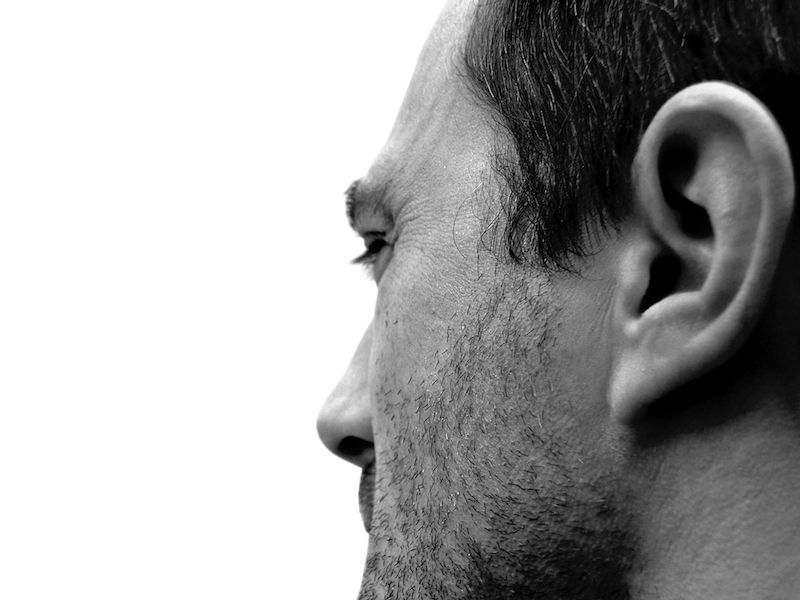
There is an inconsistency in symptoms of tinnitus; it seems difficult to understand why and when these sounds happen. Maybe you’re climbing into bed one night and, apparently without warning, your ears begin to ring badly. No matter how long you lie there and contemplate the reason why you hear this buzzing, you can’t identify any triggers in your day: no noisy music, no shrieking fire alarms, nothing that could explain why your tinnitus chose 9 PM to mount a flare-up.
So maybe it’s the food. We don’t typically think about the link between food and hearing, but there’s a bit of research and evidence to suggest that tinnitus can be made worse by particular foods. In order to stay away from those foods, it’s important to recognize what they are.
Some Foods Which Activate Tinnitus
Let’s just dive right in, shall we? You won’t want to go through a food related tinnitus event so you need to identify which foods can cause it. Some foods to stay away from could include:
Alcohol
Alcohol and tobacco should be high on the list of items to stay away from. You will certainly want to avoid drinking and smoking in order to decrease your risk of a tinnitus flare up’s even though tobacco isn’t really a food.
Both tobacco and alcohol products can have a significant effect on your blood pressure (to say nothing of your general health). Your tinnitus is progressively more likely to flare up the more you drink and smoke.
Sodium
Your blood pressure is one of the biggest predictors of tinnitus flare ups. When your blood pressure goes up, your tinnitus worsens. That’s the reason why when you set your list of foods to stay away from, sodium needs to be at the top. Whether you love french fries or just put salt on everything, you’ll want to ease up a lot.
There are certain foods that are surprisingly high in sodium, also, such as ice cream (which you don’t typically think of as tasting particularly salty). You’ll want to keep an eye on sodium levels in anything you eat to prevent a surprise tinnitus episode.
Fast Food
It shouldn’t be surprising that you should stay away from fast food if you are avoiding sodium. The majority of fast-food restaurants (even the ones that claim they are a healthier alternative) serve food that is loaded with salt and fat. And, once again, that’s going to have a huge consequence on your blood pressure and, hence, your tinnitus. Fast food outlets also tend to serve shockingly large drinks, and those beverages are very high in sugar. Which brings up the next food you should avoid.
Sugars and Sweets
Candy is something that we all enjoy. Well, maybe not everybody, but the majority of us. Every now and then, you’ll come across someone who sincerely prefers veggies over chocolate. No judgment from us.
Sad to say, the glucose balance in your body can be significantly disrupted by sugar. And as you’re trying to go to sleep at night, a small disturbance to that balance can mean a lot of tossing and turning. And the more you toss and turn, the more you start listening for that buzzing and ringing.
Caffeine
There is an apparent reason why we saved this one for last. This is the one we’re least happy about having to eliminate. But having caffeine late in the day, whether from soda, tea, or coffee, can really wreck your sleep cycle. And the less quality sleep you get, the more your tinnitus is likely to flare up.
So it’s not really the caffeine itself that’s the problem, it’s the lack of sleep. Drink your coffee or tea in the morning, and switch to a non-caffeinated drink before dinner.
What Are Your Best Practices?
This list is certainly not comprehensive. Your hearing professional is the best place to begin concerning the dietary adjustments you need to undertake. And it’s worth bearing in mind that everyone will be affected in their own way by dietary changes, so in order to keep an eye on what is working and what isn’t, it may be a smart idea to keep a food journal.
Recognizing what foods can lead to a tinnitus episode can help you make more intelligent choices going ahead. When you begin monitoring how your ears react to different foods, the reason for your tinnitus could become less mysterious.
Then you will appreciate if you are going to be sorry for that late cup of coffee.
